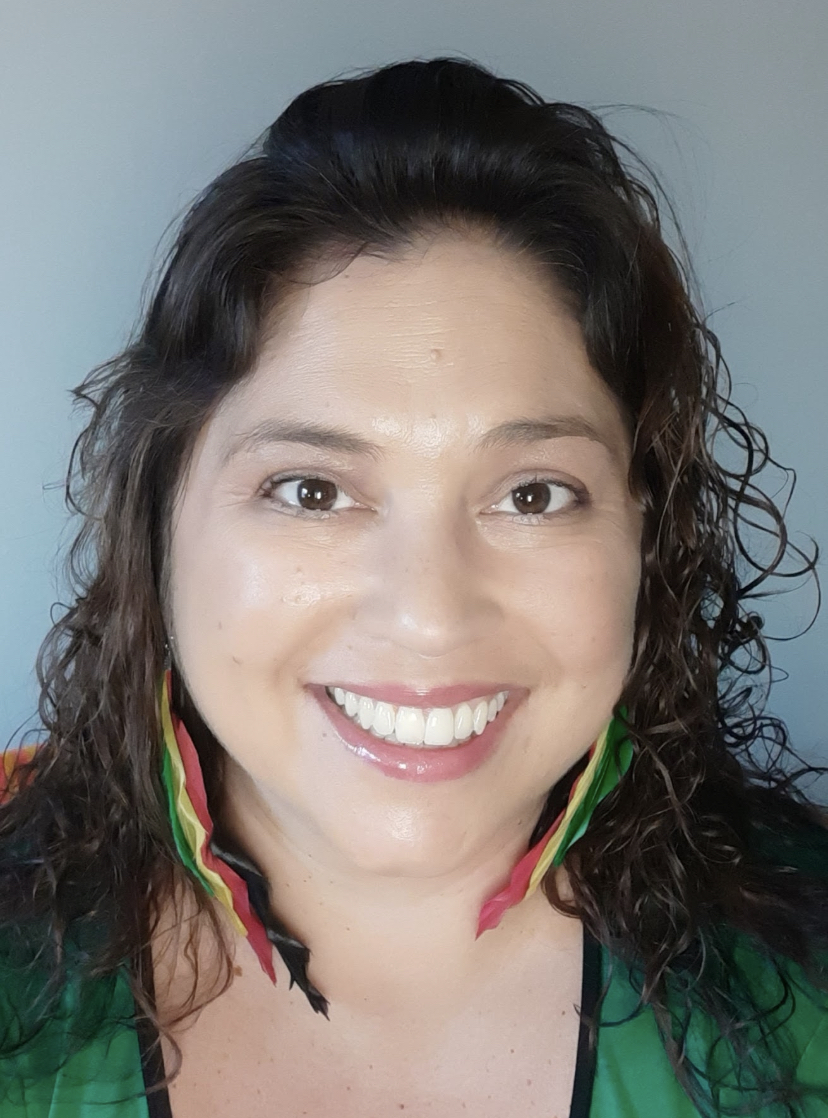On this episode of ILLN Opinion+, we spoke with mental health counselor and owner of Advocacy & Education Consulting, Pamela Fullerton. Advocacy & Education Consulting supports predominantly BIPOC, Latinx, and undocumented communities with mental health and education-based services and workshops.
Fullerton’s passion towards a career in advocacy, which eventually led her to create this firm, stems from a combination of her love for books plus her negative experience as a first-generation Latina in the United States navigating the education system.
She recalls that her school encouraged her mother to stop teaching her Spanish because it would hinder her English language acquisition.
“My mom didn’t know any better, you know, first-generation immigrant, just wanted to do ‘the right thing’ and so she stopped teaching us Spanish. That was probably the beginning of how the powers that be in education, the majority white men, white women who didn’t live our lives and didn’t understand our community, they were making decisions on behalf of us and that was wrong,” she said.
Reading about diverse cultures and the issues that marginalized communities face, through the works of Maya Angelou, Langston Hughes and Gabriel García Márquez, among others, further sparked her interest in advocating for change.
“I was reading about all these Black and Latinx authors and about you know, how being oppressed, how trauma that’s happened to our people, to our communities, how that’s impacted us and I just felt moved to want to do something in my life to want to support efforts of advocacy,” she said.
Fullerton feels that access to resources and education is the way to establish equity and equality for these groups.
“I do believe in the power of education, especially for minoritized populations. I believe that could be our key to help bring us to every single table that we need to be at at all different industries and sectors of life,” she said.
Because of this she dedicates time to work in schools, offering mental health services to help support needs that are not met due to a lack of mental health practitioners. She currently holds a mental health group for Black adolescent girls, who are statistically experiencing high suicide rates, and she also supervises clinicans at Northeastern Illinois University.
She says it’s especially important to cater services to BIPOC because the mental health of these groups has traditionally been neglected.
“Mental health is still stigmatized in the United States. It’s stigmatized especially among minority populations because the history of mental health is just like the history of racism in this country, we did not take care of Black and Brown and indiginous people in this country. We’re still not. But we’re trying to make amends for that,” she said.
Resources mentioned in this episode:
Advocacy & Education Consulting: https://www.a-econsulting.com
Pew Research Center Research on Latinos and COVID-19: https://www.pewresearch.org/race-ethnicity/2021/07/15/many-hispanics-have-had-covid-19-or-lost-someone-to-it/
National Domestic Violence Hotline (English and Spanish): www.thehotline.org
1-800-799-7233 or TTY 1−800−787−3224.
The National Crisis Text Line: (877) 235-4525)
The Illinois Domestic Violence Hotline: (877) 863-6338 https://www.ilcadv.org/
The National Suicide Prevention Lifeline (24/7): 1-800-273-8255.
